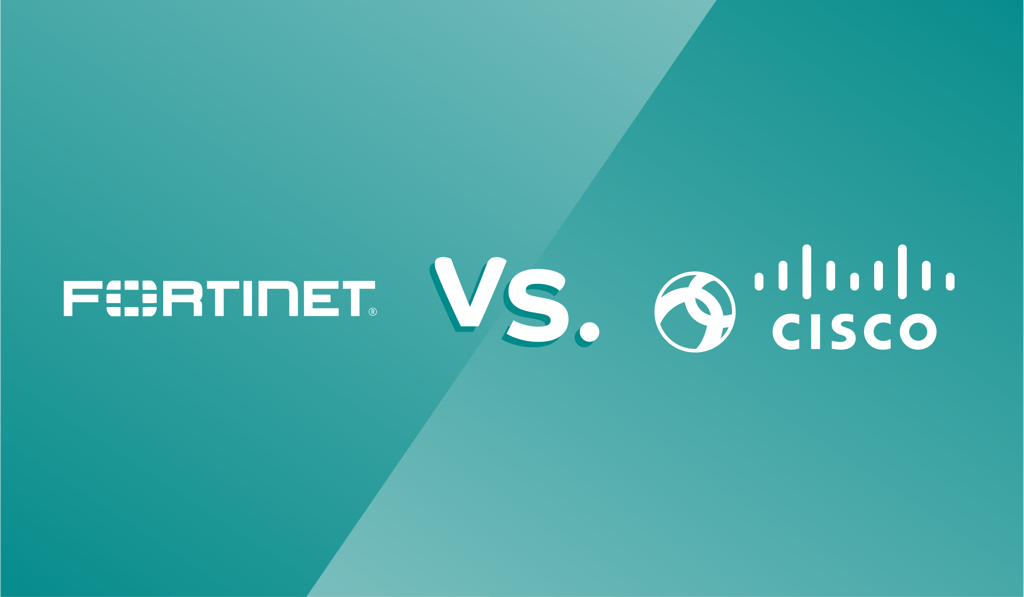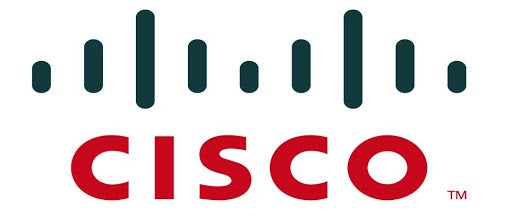

Enterprise VPN Comparison: Fortinet vs. Cisco AnyConnect
Enterprise VPNs fortify and secure access to sensitive assets hosted on-premises and in the cloud. Here is how Fortinet and Cisco AnyConnect compare.


The primary purpose of an enterprise virtual private network (VPN), also referred to as Cloud VPN or VPNaaS, is to fortify sensitive resources and assets, whether they are hosted on-premises or in the cloud, so that employees can easily and securely access these resources.
Resources like local file storage, cloud-based Software as a Service (SaaS) applications, and internal customer and sales systems may be subject to exposure if accessed from multiple devices and potentially unsafe Wi-Fi connections. An enterprise VPN provides a simple, scalable solution to construct a low-latency, secure remote office.
All you have to do is log into your enterprise’s VPN solution via an endpoint device and the encrypted tunnel created by the solution between the endpoint device and the network will permit you to browse the web and work securely.
The benefits of an enterprise VPN software include:
In this guide, we will delve into all you should know about Fortinet and Cisco AnyConnect.
Also read: Understanding VPNs: The Pros and Cons of IPSec and SSL

FortiClient is a Fortinet Fabric Agent that delivers secure access, compliance, and protection in a solitary, modular lightweight client. A Fabric Agent is an endpoint software that communicates with the Fortinet Security Fabric to provide control, visibility and information to the endpoint it is running on and enables reliable, remote connectivity to the Security Fabric.

Cisco AnyConnect Secure Mobility Client helps accelerate business success by providing remote workers with effortless, highly secure, policy-driven VPN access to an enterprise network, irrespective of location and from any endpoint device while protecting the enterprise.
Here is a tabular comparison of FortiClient and Cisco AnyConnect Secure Mobility Client:
| Features | FortiClient | Cisco AnyConnect Secure Mobility Client |
| Physical Protection | ✔ | |
| Control of Network Elements | ✔ | ✔ |
| Encryption of Data Streams | ✔ | |
| Ease of Deployment | ✔ | |
| Availability of Third-Party Resources | ✔ | |
| Quality of End-User Training | ✔ | |
| Ability to Understand Needs | ✔ | ✔ |
| Pricing Flexibility | ✔ | ✔ |
| Service and Support | ✔ | |
| Overall Capability Score | ✔ | ✔ |
As you can see from the above table, there is very little to separate the two enterprise VPN software. FortiClient is a Fortinet Fabric Agent for ZTNA, control and visibility.
The enterprise VPN product’s features include Zero Trust Agent with MFA, central management via Fortinet Cloud or EMS, central logging and reporting, dynamic security fabric connector, vulnerability agent and remediation, SSL VPN and IPsec VPN with MFA, FortiGuard Web Filtering, USB device control, split-tunneling, and SSO.
Cisco AnyConnect Secure Mobility Client provides secure VPN access for remote workers. The VPN security software’s features include access from anywhere, greater visibility, comprehensive protection, simplified management, and usability and scalability of up to 100,000 users.
Carefully assess both enterprise VPN software and incorporate the product that best suits your enterprise requirements.
Read next: Best Business & Enterprise VPNs of 2021

Enterprise Networking Planet aims to educate and assist IT administrators in building strong network infrastructures for their enterprise companies. Enterprise Networking Planet contributors write about relevant and useful topics on the cutting edge of enterprise networking based on years of personal experience in the field.
Property of TechnologyAdvice. © 2025 TechnologyAdvice. All Rights Reserved
Advertiser Disclosure: Some of the products that appear on this site are from companies from which TechnologyAdvice receives compensation. This compensation may impact how and where products appear on this site including, for example, the order in which they appear. TechnologyAdvice does not include all companies or all types of products available in the marketplace.